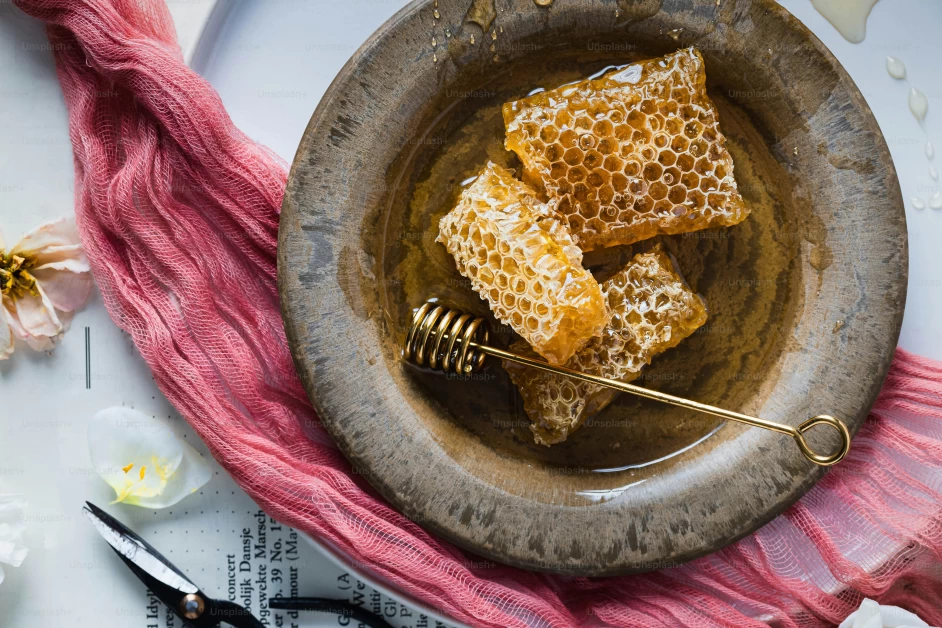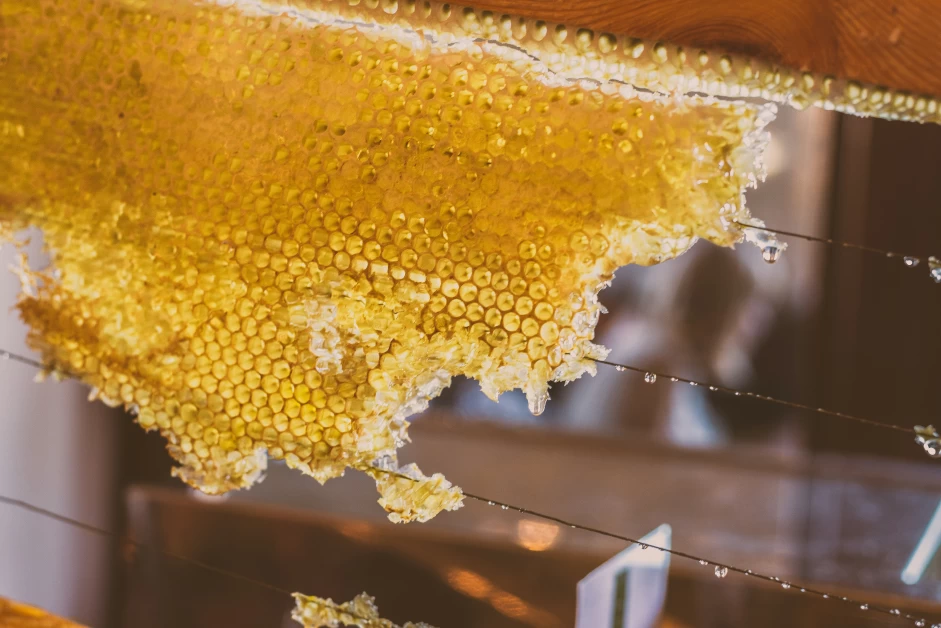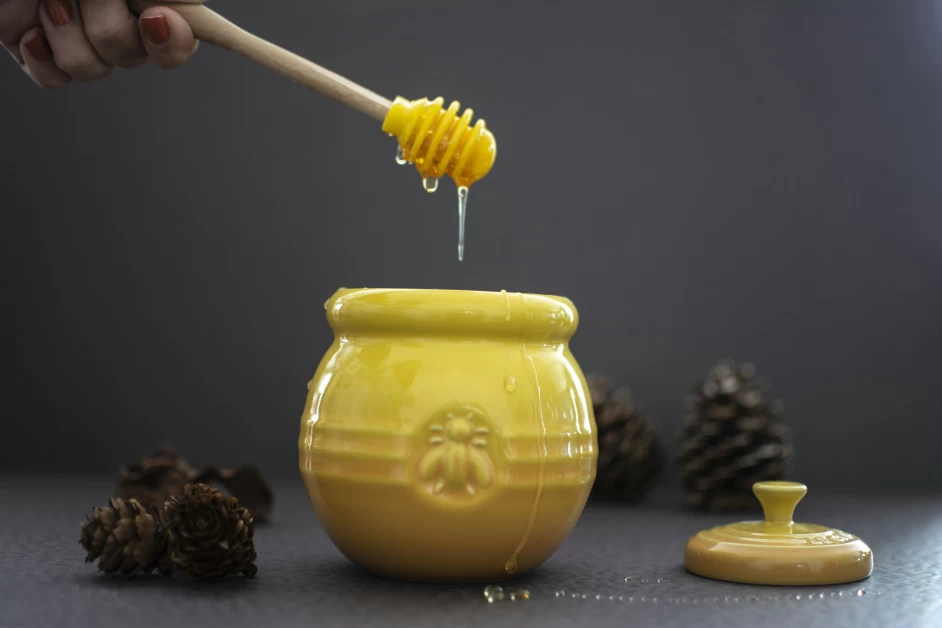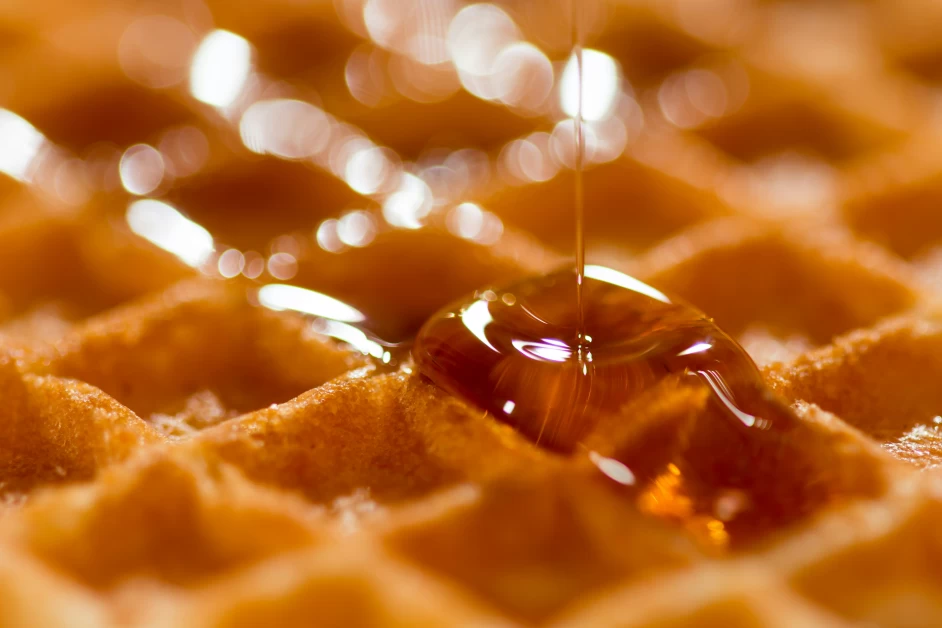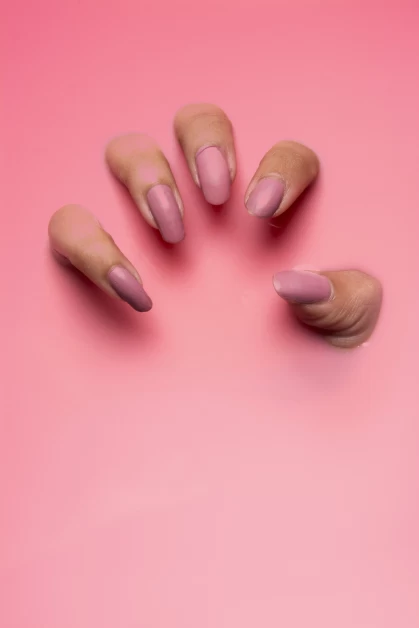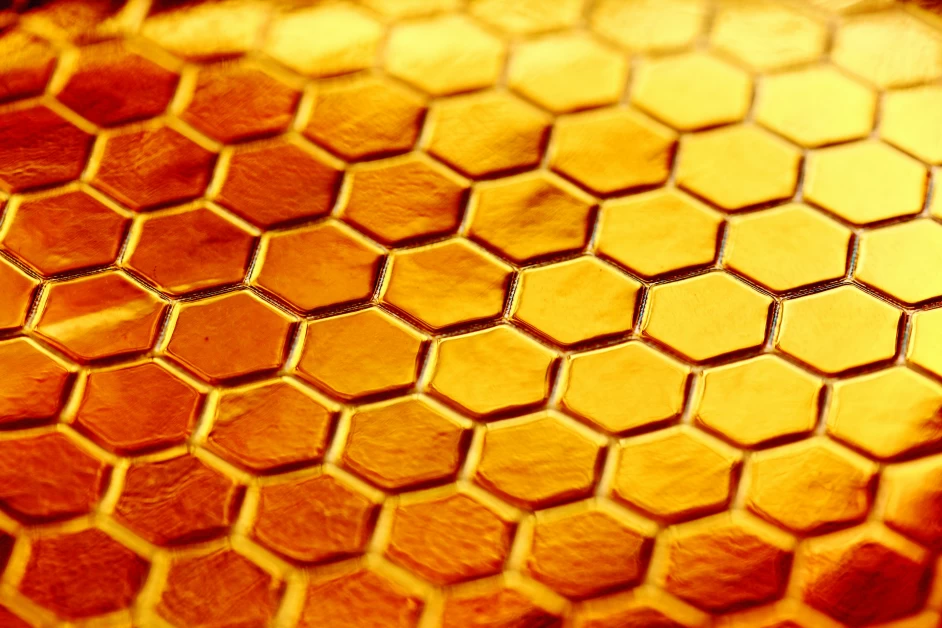Table of Contents
Welcome to the world of Manuka honey, where the sweet nectar of nature meets powerful health benefits. If you’re someone who’s looking to improve their scalp health and achieve healthier hair, then this article is a must-read for you.
Introduction
In this comprehensive guide, we will explore the wonders of Manuka honey for scalp care. From its unique healing properties to its potential hair growth benefits, we’ll provide you with all the information you need to make the most of this natural remedy. Let’s dive in!
How Does Manuka Honey Benefit the Scalp?
Manuka honey, a special type of honey produced in New Zealand, is known for its antibacterial, anti-inflammatory, and moisturizing properties. These properties make it an excellent ingredient for scalp care. Here are some ways in which Manuka honey can benefit your scalp:
- Soothes and Calms the Scalp
Manuka honey has natural anti-inflammatory properties that can help soothe an irritated or itchy scalp. It can provide relief from conditions such as dandruff, scalp psoriasis, and eczema. The antibacterial properties of Manuka honey also help prevent scalp infections, keeping your scalp healthy and balanced.
- Promotes Hair Growth
Manuka honey is rich in antioxidants, vitamins, and minerals that nourish the hair follicles and promote hair growth. It stimulates blood circulation to the scalp, which enhances the delivery of essential nutrients to the hair follicles. This can result in stronger, thicker, and healthier hair.
- Moisturizes and Hydrates the Scalp
Dry scalp is a common problem that can lead to itchiness, flakiness, and even hair loss. Manuka honey acts as a natural humectant, which means it attracts and retains moisture. Applying Manuka honey to your scalp can help hydrate and moisturize it, preventing dryness and promoting a healthy scalp environment.
How to Use Manuka Honey for Scalp Care
Now that you understand the benefits of Manuka honey for scalp health, let’s explore how to incorporate it into your hair care routine. Here are some effective ways to use Manuka honey for scalp care:
- Manuka Honey Scalp Mask
Ingredients:
- 2 tablespoons of Manuka honey
- 1 tablespoon of coconut oil (optional)
- 3-4 drops of tea tree oil (optional)
Instructions:
- In a small bowl, mix the Manuka honey, coconut oil (if using), and tea tree oil (if using) until well combined.
- Apply the mixture to your scalp, focusing on areas that need extra attention.
- Gently massage the mixture into your scalp for a few minutes to stimulate blood circulation.
- Leave the mask on for 20-30 minutes.
-
Rinse your hair thoroughly with lukewarm water and shampoo as usual.
-
Manuka Honey Scalp Treatment
Ingredients:
- 1 tablespoon of Manuka honey
- 1 tablespoon of aloe vera gel
- 1 tablespoon of apple cider vinegar
Instructions:
- In a bowl, mix the Manuka honey, aloe vera gel, and apple cider vinegar until well combined.
- Part your hair into sections and apply the mixture to your scalp, massaging it in gently.
- Leave the treatment on for 30-60 minutes.
-
Rinse your hair thoroughly with lukewarm water and shampoo as usual.
-
Manuka Honey Hair Rinse
Ingredients:
- 1 tablespoon of Manuka honey
- 2 cups of warm water
Instructions:
- In a jug or bowl, mix the Manuka honey with warm water until it dissolves.
- After shampooing and conditioning your hair, pour the mixture over your scalp and hair.
- Massage your scalp for a few minutes to ensure even distribution.
- Leave the rinse on for 5-10 minutes.
- Rinse your hair thoroughly with lukewarm water.
Tips for Choosing and Using Manuka Honey for Scalp Care
When selecting Manuka honey for scalp care, keep the following tips in mind:
- Look for a high UMF rating: The UMF (Unique Manuka Factor) rating indicates the quality and potency of Manuka honey. Look for a UMF rating of 10+ or higher to ensure you’re getting genuine and high-quality Manuka honey.
- Choose raw and unprocessed honey: Raw and unprocessed Manuka honey retains more of its beneficial properties compared to processed honey. Look for honey that is labeled as raw and unprocessed.
- Patch test before use: Before applying Manuka honey to your entire scalp, it’s always a good idea to do a patch test on a small area of skin to check for any adverse reactions or allergies.
- Use organic and locally sourced honey: Opt for organic and locally sourced Manuka honey whenever possible to support sustainable beekeeping practices and ensure the highest quality product.
- Incorporate Manuka honey into your regular hair care routine: For best results, use Manuka honey as part of your regular hair care routine. You can use it as a scalp mask, treatment, or hair rinse once or twice a week, depending on your scalp’s needs.
Precautions and Potential Side Effects
While Manuka honey is generally safe for scalp care, it’s important to keep the following precautions in mind:
- Allergic reactions: Some individuals may be allergic to honey or bee products. If you have a known allergy, it’s best to avoid using Manuka honey on your scalp. Conduct a patch test before use to check for any adverse reactions.
- Sticky and messy: Manuka honey is sticky and can be messy to apply. Protect your clothing and surroundings when using it as a scalp treatment or mask.
- Diabetes and blood sugar control: Manuka honey is a natural sweetener and contains sugars. If you have diabetes or are concerned about blood sugar control, it’s important to monitor your intake and consult with a healthcare professional.
- Consult a healthcare professional: If you have any underlying scalp conditions or concerns, it’s always best to consult with a healthcare professional before incorporating Manuka honey into your scalp care routine.
In Conclusion
Manuka honey is a natural and effective remedy for improving scalp health and achieving healthier hair. Its antibacterial, anti-inflammatory, and moisturizing properties make it an excellent choice for scalp care.
By incorporating Manuka honey into your regular hair care routine, you can soothe your scalp, promote hair growth, and maintain a healthy scalp environment. Remember to choose high-quality Manuka honey, follow proper application techniques, and consult with a healthcare professional if needed.
Now that you have all the information you need, it’s time to harness the power of Manuka honey for scalp care and enjoy the benefits of healthier hair. Give it a try and see the difference for yourself!
